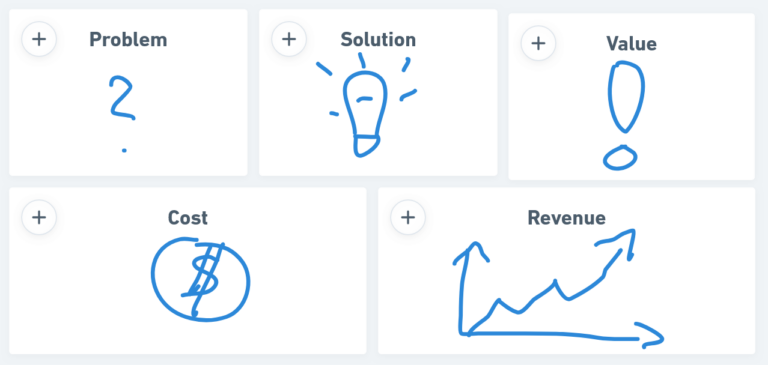Starting a Software as a Service (SaaS) business is exciting, but to ensure success, founders must carefully plan their business perspective. As a founder, it’s essential to have a clear roadmap for your startup. A strong business plan can make the difference between thriving and struggling in the competitive SaaS landscape.
Why Should a Founder Worry About a Business Plan?
A business plan isn’t just a formality—it’s the foundation of your startup. It outlines your goals, strategies, and how you plan to achieve them. As a founder, it’s crucial to understand the market, your competition, and how you can deliver value to your customers. A detailed plan helps you avoid costly mistakes and gives you a roadmap for long-term success.
Without a solid business plan, you risk losing direction. Investors and partners will want to see a clear vision for your company’s future. A well-prepared plan also helps you assess risks, forecast revenue, and identify opportunities. In short, a business plan is your strategic guide for making informed decisions.
What is a Business Strategy, and How to Write One?
Your business strategy is your long-term plan for achieving your company’s goals. It defines your competitive advantage, target market, and value proposition. A well-crafted strategy helps you stay focused and navigate challenges that arise along the way.
To write a business strategy, start by defining your vision and mission. What are your core objectives? Next, conduct market research to understand your audience and competitors. Finally, outline actionable steps to reach your goals, including marketing, sales, and product development plans.
If you’re new to strategic planning, tools like the Business Model Canvas or Lean Canvas can simplify the process. These one-page templates help you break down your business idea into key elements such as customer segments, revenue streams, and cost structure. For a detailed guide on these tools, check out this article about Lean Canvas for online business.
Elevator Pitch and the Benefits of a Good Business Plan
An elevator pitch is a brief, persuasive speech that explains your business idea in a nutshell. It should be short enough to deliver in the time it takes for an elevator ride—usually 30 seconds to 2 minutes. A well-prepared business plan helps you craft a compelling elevator pitch by clearly defining your value proposition and key objectives.
A good elevator pitch is essential for networking and pitching your idea to investors or potential partners. With a solid business plan, you’ll be confident in presenting your company’s vision and demonstrating how it solves real-world problems. This can significantly increase your chances of making a great first impression and opening doors for your startup.
How a Business Plan Helps Secure Funding and Aligns C-Level Executives
If you’re looking for funding, a business plan is a must-have. Investors want to see a clear roadmap of how you plan to grow the business and generate revenue. A well-researched plan shows that you’ve thought through the potential challenges and opportunities, which helps build trust with investors.
Moreover, a business plan serves as a communication tool between different C-level managers. It aligns the goals of various departments—such as marketing, finance, and product development—ensuring that everyone is working toward the same objectives. This helps avoid conflicts and keeps the team on track.
Why You Should Use a Software House for SaaS Development
SaaS (Software as a Service) is a model where software is delivered over the internet rather than installed on individual computers. This model is popular for its scalability, flexibility, and lower costs, making it ideal for startups.
However, developing a SaaS product requires technical expertise that many founders may not have. Partnering with an experienced software house can accelerate your development process and ensure the final product meets high standards. A software house can help with everything from initial concept development to scaling your platform as your user base grows.
Outsourcing your SaaS development to professionals allows you to focus on your core business activities, such as marketing and customer acquisition, while the software house takes care of the technical complexities.
Planning for SaaS Startup Success
As a founder, planning the business perspective of your SaaS startup is critical for long-term success. A solid business plan not only guides your company but also helps with crafting your elevator pitch, securing funding, and aligning your management team. Moreover, partnering with an experienced software house like Sailing Byte can ensure smooth and efficient SaaS development, allowing you to focus on scaling your business.
By carefully crafting your strategy and seeking expert development partners, your SaaS startup can thrive in today’s competitive market.

0 Comments